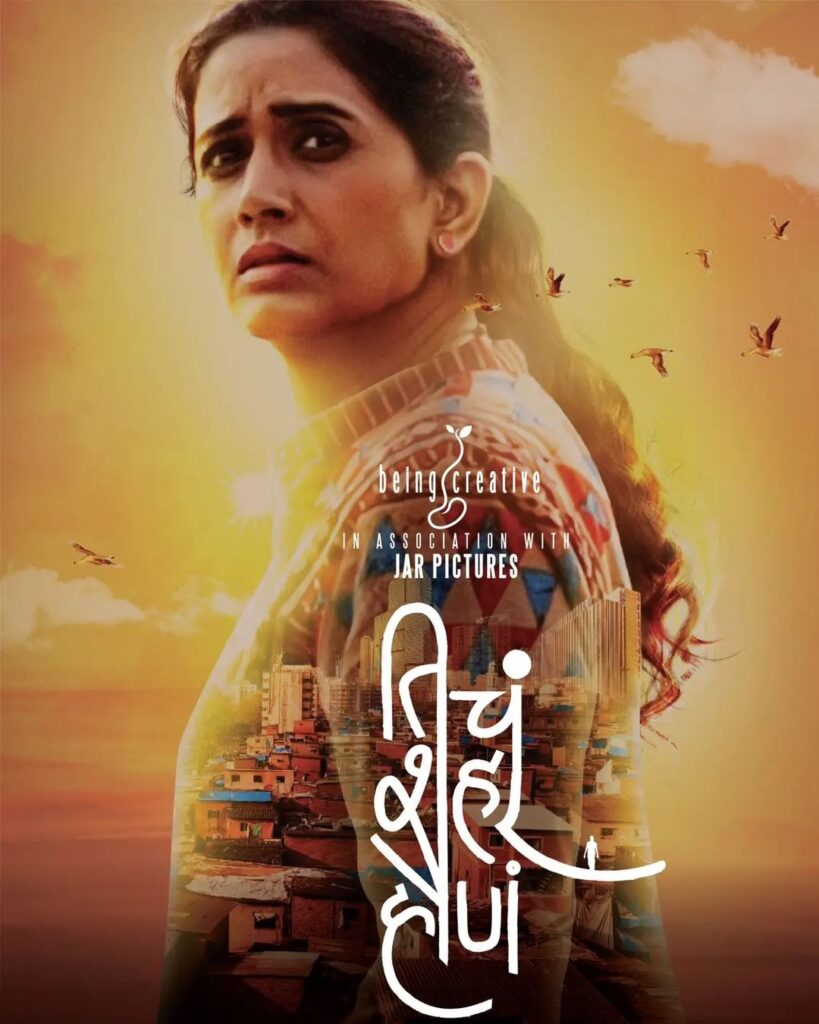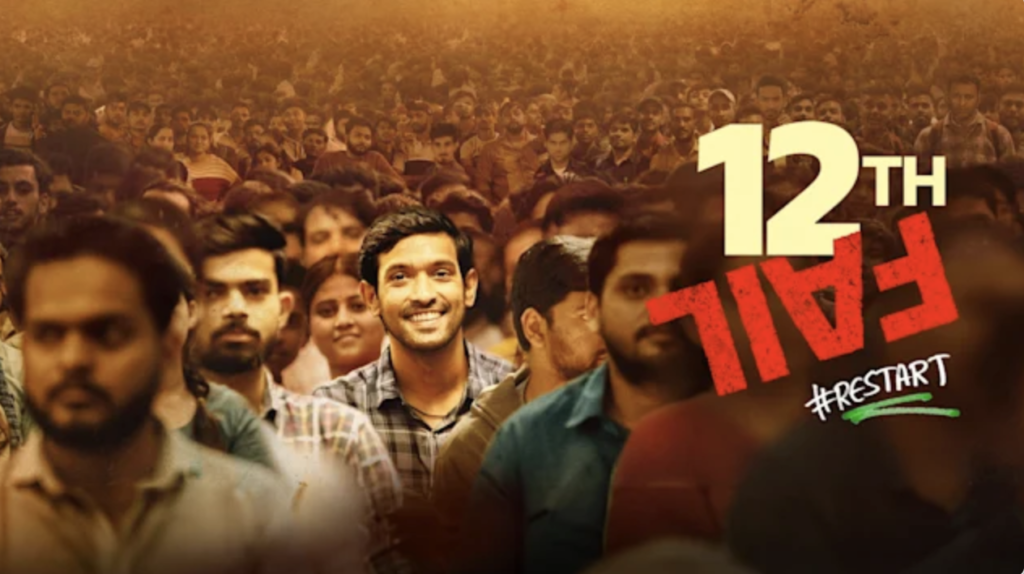
Mumbai, often hailed as the economic powerhouse of India, stands as a testament to the complex interplay of ambition and survival. While its towering skyline, bustling businesses, and the allure of Bollywood are the most visible symbols of its success, the true lifeblood of this city lies in its vast working class. These are the people who work as house helps, watchmen, and sanitation workers, sustaining the city’s relentless pace while often residing in sprawling slums that exist in stark contrast to the wealth surrounding them. Their daily grind, though largely unnoticed, is crucial to the smooth functioning of this metropolitan giant. The very essence of Mumbai’s growth and prosperity is rooted in this delicate equilibrium, where wealth and poverty, luxury and struggle coexist. It is within this dynamic that Mumbai finds its unique character—a city driven not only by the aspirations of the elite but also by the unwavering resolve of those who build its foundations, one day at a time.
“Ticha Sahar Hona” (City Personified) is a story of these people—their lives, their struggles with the system, and their coexistence in the city. The film explores issues we are familiar with, problems we often read about in articles. It examines how women are perceived and how a brave, strong woman empowers her region. This narrative is seen and told through the eyes of writer and director Rasika Agashe. The film tells the story of Archana, an upper-class working mother who lives with her seemingly progressive husband and daughter in a well-off neighborhood. Caught up in her busy life, she is searching for a maid or house help. Enters Kiran, a house help who is much more than her name suggests—she is confident, socially aware, and actively working for the betterment of her community. Kiran is well aware of her rights and strongly asserts what she wants. A critical moment occurs when Kiran meets with an accident, and what follows deeply impacts Archana, changing her Perspective and bringing her closer to Kiran’s life and world, even after she’s gone.
The film stars Sonali Kulkarni, Prasad Oak, Hemangi Kavi, Omkar Gowardhan, and Chhaya Kadam, alongside the people from Kranti Nagar, who are the true stars of the movie. Each actor delivers exceptional performances, bringing the characters to life with realism. The writing is remarkable; Every few minutes, a dialogue will challenge you and making you think. The characters feel so real that you may recognize them as people you’ve encountered in your own life. The dialogues prompt self-reflection, it makes you question whether something you’ve done unintentionally is wrong. This is the Mark of great writing.
In the trailer, you see Archana (Sonali Kulkarni) refer to Kiran (Chhaya Kadam) as “bai,” a common term used in Maharashtrian households for maids. However, Kiran corrects her, saying, “Not bai, but house help.” Such dialogues, which appear early in the film, offer fresh perspectives right from the start. These moments set the tone for a narrative and tell who are the women in the story and introduce them, written by women, are strong, empowered and it’s the story of them giving it a great start. Another highlight of the movie is its music. The songs are distinctive, with one in particular—“Majhya Bheemani Lavali Shikshanachi Halad,” by Music Director Rahul Ranade and Singer Nandesh Umap—featuring a line that resonates: “My lord Vitthal is black, so is Nelson Mandela; what does it matter When cleansed with enlightenment.” This song is a must-listen, especially for its impactful lyrics.
The film is rich with subtext, addressing issues such as gender violence, the challenges women face, the struggles within slums, the male gaze, and the fight for rights. With real settings, political undertones, and shoutouts to Ambedkar, the film feels genuine and close to reality. It’s a truly well-made film, Its brilliance lies in its raw depiction of life’s complexities, presenting an unfiltered look at the world as it is. Ticha Sahar hona challenges viewers to reconsider their perceptions and engage with the realities faced by many. It’s a must-watch for anyone interested in exploring the intersection of society and storytelling, providing an emotionally resonant experience.


